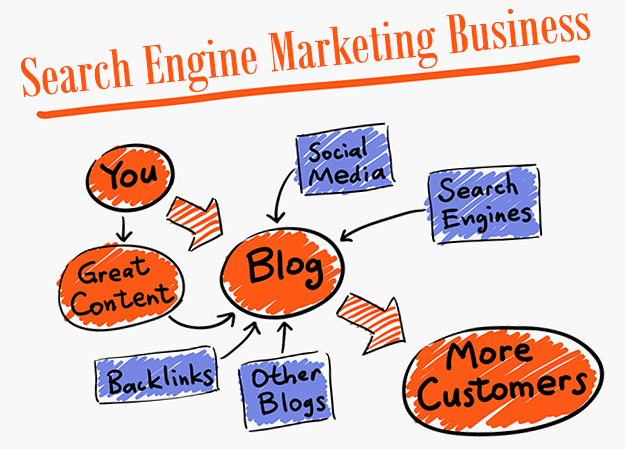Why is it that certain websites end up at the top of the search engine results? There are certain mathematical SEO equations that come into play that you have to understand to get To The Top, and Grigoriy Ichshenko has offered some free tips to help with your website’s SEO setup.
Understanding Search Engines
There are three main factors that are part of the database and rankings of search engines, known as SEO. Everything from the words used in a search to the order in which the results are displayed is based on mathematical calculations that give people the results they are looking for.
1. Search engines use a web crawler, also called a spider or a robot, that “crawls” the web. This web crawler looks at various websites and finds links based on certain topics. When the web crawler finds various websites that relate to a topic in the index and that have good information, it adds those sites to the database. That means databases are constantly growing and being updated. That is how search engines give the best results for each search.
2. Search engines have an index where the website data is stored after they are picked up by the web crawler while it searches the Internet. Anytime a website gets a The new data will go into the index to replace the old information. Indexes keep growing as time goes on.
3. The actual search engine is a computer program that looks the data kept in the index every time someone does a search on a browser. The search engine provides results based on a mathematical equation that determines the relevance of the websites based on the search criteria. Search engines place websites in order by determining which of them are most strongly related to the topic searched.
What Do Search Engines Aim to Do?
Search engines aim to give people results that are relevant to the keywords they used in the search. Search engine optimization can be used to determine how well search engines work. Each search engine will provide different results based on the method of calculation used. People who have a website want to use the algorithm to their advantage to get their rank up, by using SEO.
Tips for Effective SEO
- SEO Tip 1: Add links, which are pathways that lead back to your website. These links make your website more visible to search engines. If someone is doing a search, you can have your URL show up despite the fact that a different website is the source of your link.
- SEO Tip 2: Write a good page summary. Include things like your meta tag names and the keywords for your website but in moderation. You should write a creative and interesting page summary so it will get noticed even if it doesn’t match the search perfectly. That way, you can get your website noticed on search engines and get more traffic.
- SEO Tip 3: Carefully consider your title. No one understands how the algorithms that search engines use work, but some people will tell you that a title is beginning with “A” through “E” is more effective.
- SEO Tip 4: Choose your keywords carefully. The keywords are very important. You don’t want to have too many keywords, or that will lower your website’s ranking because of the repetitive nature. It is best to have no more than 4 or 5 keywords on your website to raise your search engine ranking.
- SEO Tip 5: Getting your URL out is important. If your URL is in a lot of databases, you will see better results on search engines. Use blogs, emails and more to share your URL as much as possible.






















